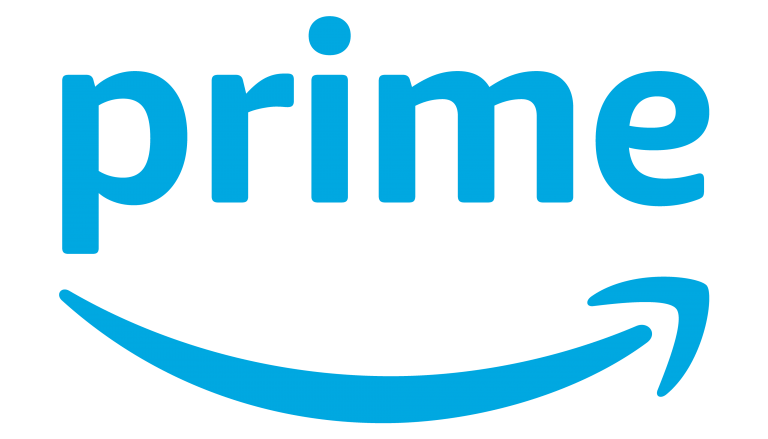Drought as another threat to grocery market?

Wpis dostępny jest także w języku:
![]() polski
polski
Consumers and retailers have not yet managed to adapt well to the new reality related to the presence of the coronavirus epidemic in Poland, and another threat to the food supply is on the horizon – drought. A low level of harvest combined with a decrease in the purchasing power of Poles as a result of increased unemployment and wage cuts would have a disastrous impact on the economic situation.
Drought is inevitable?
Winter 2019/2020 was mild and dry, recent weeks were characterised by very low rainfall, and forecasts for the May-July period indicate precipitation in the standard or below, but mainly of storm characteristics – this type of rainfall runs off quickly and does not build long-term soil moisture. Thus, all factors indicate a high risk of drought, which will negatively affect the yield level in 2020.
Another challenge for grocery market
Low yields will result in further food price inflation, which, combined with the effects of the COVID-19 epidemic and the closure of the economy (increased unemployment, lower wages in some businesses, whole segments of the trade and services market not operating), means a decline in purchasing power for many consumers. Consumers may not only save on some non-food items (natural behaviour in times of crisis), but may be forced to give up some food items or replace them with cheaper products.
How will grocery chains react?
The question remains open as to how the food chains, which are the key recipients of food in Poland, will adapt to the new situation – the 20 largest market players are jointly responsible for as much as 74% of the value of the food market in Poland, according to PMR data for 2019. Biedronka itself, the market leader, has a share of 19%. In recent years, although the prices of fresh fruit and vegetables in shops were often at very high levels, at the same time farmers often pointed out that the chains take advantage of their position and offer very low purchase prices. On the other hand, if at least one large player at least temporarily refrains from price increases and takes the costs on, other networks will follow in its footsteps. This would mean that the impact on consumers would be postponed.







